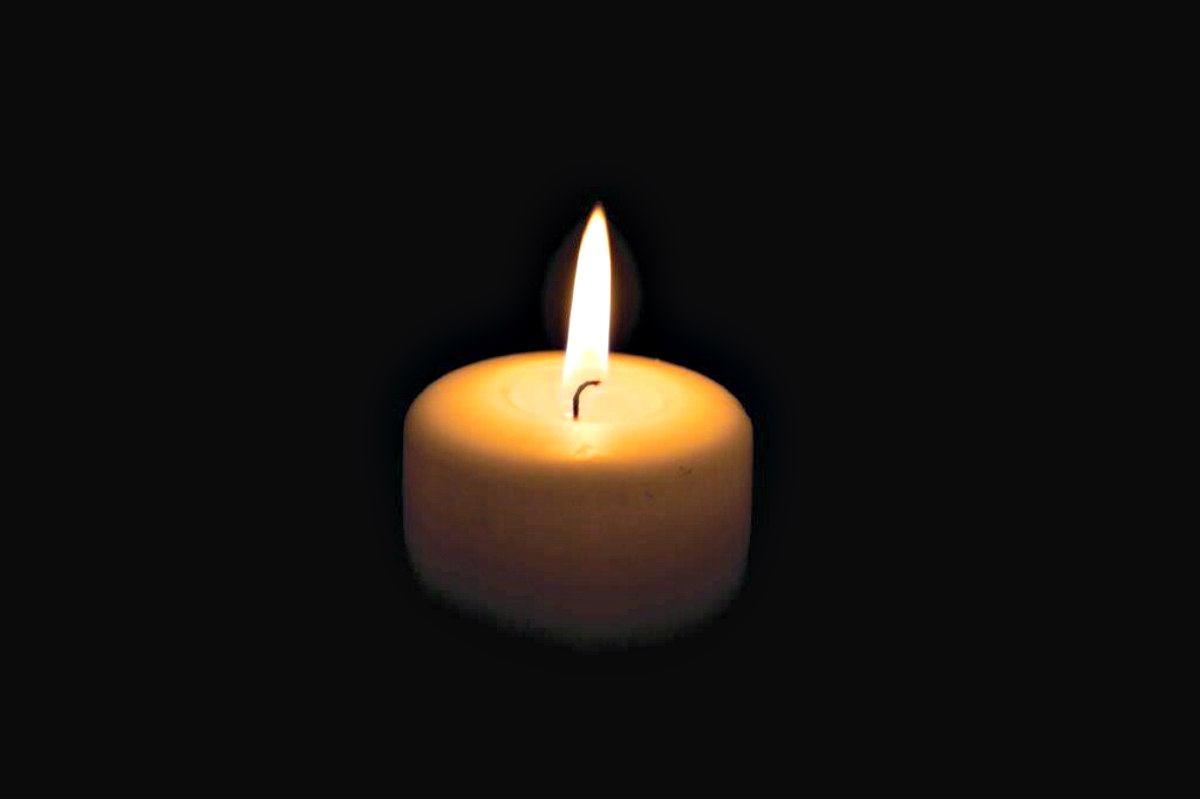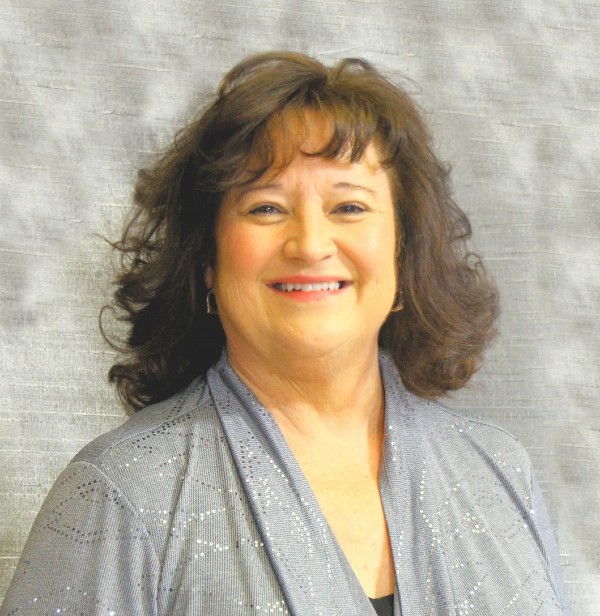Frequently Asked Questions about Grieving

What is the grieving process? Is there such a thing?
There are seven stages of grief, but everyone’s journey is unique. In addition, some stages overlap or can be skipped totally. The stages are shock, denial, anger, bargaining, depression, acceptance, and hope.
Shock is inevitable, even if we think we are prepared for the loss. The reality of the loss is often different from what you may have prepared for. Denial during this process is the inability to accept that the person you lost cannot be here any longer. Anger is a normal part of the grieving process, but bereaved people might keep this emotion hidden from others. If you feel like you need to hide your anger, find one person with whom you can be honest and share the feeling. In the bargaining stage, you may feel guilty about how you did or did not do something for the person you have lost, and you want to make things right. Depression sets in after the shock wears off, and you know the person you love is not coming back. You may feel isolated and dread living the rest of your life without that person. If the depression is too much, you should seek professional assistance. Acceptance is realizing you cannot change the situation, but you can decide how you are going to proceed.
Processing grief is the way people go through these stages and determine how you will move forward. Any of these stages can come in waves and overlap with each other so they will not come in a linear progression.
How long does grieving last?
Grieving is the healing process that each person goes through when they have experienced a loss to bring them comfort from the pain. This process has different stages, which usually happen individually, so there is no way to know how long it will take to progress through those stages and gain emotional stability. It is important to allow yourself to go through the stages of grieving, no matter how long it takes. Grief has no time limit. It might lessen over time, but it will always be with you.
What if I start to forget what my lost loved one looks/sounds like?
Fearing that you will not remember what your loved one looks like or what their voice sounded like is a natural experience. Your memory of your loved one will stay with you, but there are ways to preserve your memories. You can, for example, create a pictorial tribute to celebrate their life. Being creative with ways you can memorialize your loved one, such as supporting causes that your loved one was passionate about, will keep the memory more lifelike.
How do I relate to people who are uncomfortable with my grief? What if they say or do something that doesn’t help or hurt even more?
Sometimes grieving can be alienating, and it can be difficult to interact with people you would normally interact with while experiencing emotional pain. Honestly, sharing how you are feeling with friends or family who are comfortable listening to you is a place to start.
Will I ever feel better?
Eventually, you will feel better, but it will take time. Be patient with yourself. If you don’t feel like you are feeling better, and it has been longer than you think it should take, you can talk with a therapist to facilitate the process to assist you with moving through the stages of grief. You do want to work through the grief, so counseling is a good option to facilitate the process.
ABOUT THE AUTHOR

Valerie Harris
Licensed Clinical Social Worker
LATEST ARTICLES BY Valerie Harris
Subscribe today
Sign up to receive the latest mental health tips and inspiration